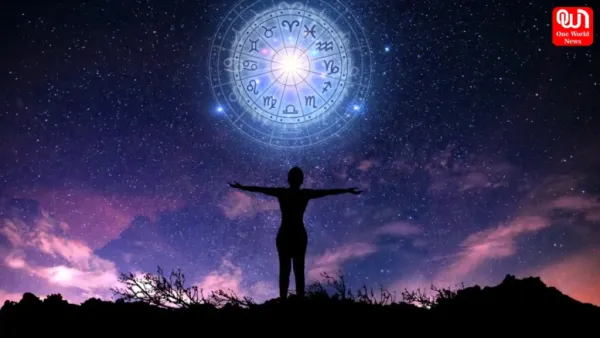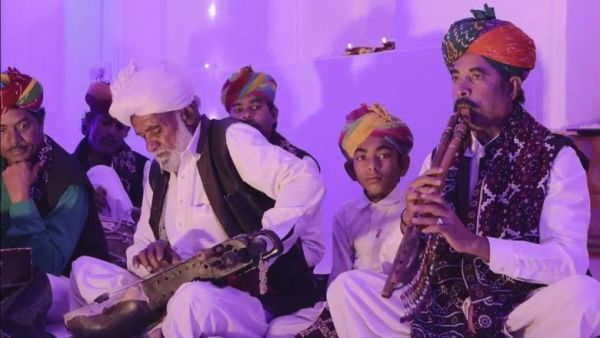Nepal Gen Z Protest: Old Speech of Schoolboy Goes Viral Amid Worsening Crisis
As Nepal battles unprecedented political unrest, an old video of a schoolboy delivering a fiery speech has resurfaced online, striking a chord with the country’s disillusioned youth.
The clip, reportedly from an annual school function, shows the head boy of a secondary school in Nepal addressing his peers with words that today feel prophetic.
Speaking about corruption, unemployment, and the plight of young people forced to leave their homeland, his voice carried a sense of urgency that mirrors the streets of Nepal right now.
“We Are the Fire” Speech Echoes in Protests
In the viral video, the student says, “Nepal, our mother, this country gave us birth, nurtured us. But what did it ask in return? Just our honesty, our hard work, our contribution. But what are we doing? We are bound by the chains of unemployment, fleeing abroad in search of opportunities, and we are trapped by the selfish games of the political parties. Youth, rise, if we do not raise our voices, who will?”
He ends with a rallying cry, “We are the fire that burns away the darkness, we are the storm that will sweep away the injustice and bring prosperity. Nepal is ours and its future is in our hands. Jai Yuva, Jai Nepal.”
His words have now become symbolic of the 'Gen Z protest' shaking the nation.
Army Steps In as Violence Escalates
On Tuesday, the Nepal Army moved in to control key areas of Kathmandu after protesters attempted to storm the Tribhuvan International Airport. Flights were partially suspended, with Air India cancelling four services between New Delhi and Kathmandu, while IndiGo and Nepal Airlines also scrapped several flights.
The army also took charge of Singhdurbar, the main government secretariat, after agitators set houses within the complex on fire. Troops intervened at the Pashupatinath Temple as well, preventing damage after a mob tried to vandalise its gates.
Government Buildings Under Attack
The unrest showed no signs of calming even after Prime Minister K P Sharma Oli resigned. Protesters torched the Parliament, the President’s Office, the PM’s residence, the Supreme Court, political party offices, and homes of senior leaders.
At least 19 people died in police action on Monday, fuelling further anger on the streets. The resignation of Oli, who was under pressure after a controversial social media ban and mounting corruption allegations, has done little to pacify the crowds. The social media ban, which sparked outrage among young people, was lifted late on Monday night.
Army’s Warning and Appeal
In a statement, the Nepal Army said, “Some groups are taking undue advantage of the difficult situation and causing severe damage to ordinary citizens and public property. If such activities continue, all security mechanisms, including the army, will be mobilised to contain the violence.”
The army also urged the public not to engage in or support destructive acts, warning of stricter enforcement going forward.
What began as anger against corruption and unemployment has spiralled into one of the most volatile uprisings Nepal has seen in years, leaving the future of its democracy uncertain.
The clip, reportedly from an annual school function, shows the head boy of a secondary school in Nepal addressing his peers with words that today feel prophetic.
Speaking about corruption, unemployment, and the plight of young people forced to leave their homeland, his voice carried a sense of urgency that mirrors the streets of Nepal right now.
“We Are the Fire” Speech Echoes in Protests
In the viral video, the student says, “Nepal, our mother, this country gave us birth, nurtured us. But what did it ask in return? Just our honesty, our hard work, our contribution. But what are we doing? We are bound by the chains of unemployment, fleeing abroad in search of opportunities, and we are trapped by the selfish games of the political parties. Youth, rise, if we do not raise our voices, who will?”
He ends with a rallying cry, “We are the fire that burns away the darkness, we are the storm that will sweep away the injustice and bring prosperity. Nepal is ours and its future is in our hands. Jai Yuva, Jai Nepal.”
His words have now become symbolic of the 'Gen Z protest' shaking the nation.
Army Steps In as Violence Escalates
On Tuesday, the Nepal Army moved in to control key areas of Kathmandu after protesters attempted to storm the Tribhuvan International Airport. Flights were partially suspended, with Air India cancelling four services between New Delhi and Kathmandu, while IndiGo and Nepal Airlines also scrapped several flights.The army also took charge of Singhdurbar, the main government secretariat, after agitators set houses within the complex on fire. Troops intervened at the Pashupatinath Temple as well, preventing damage after a mob tried to vandalise its gates.
Government Buildings Under Attack
The unrest showed no signs of calming even after Prime Minister K P Sharma Oli resigned. Protesters torched the Parliament, the President’s Office, the PM’s residence, the Supreme Court, political party offices, and homes of senior leaders.At least 19 people died in police action on Monday, fuelling further anger on the streets. The resignation of Oli, who was under pressure after a controversial social media ban and mounting corruption allegations, has done little to pacify the crowds. The social media ban, which sparked outrage among young people, was lifted late on Monday night.
Army’s Warning and Appeal
In a statement, the Nepal Army said, “Some groups are taking undue advantage of the difficult situation and causing severe damage to ordinary citizens and public property. If such activities continue, all security mechanisms, including the army, will be mobilised to contain the violence.”The army also urged the public not to engage in or support destructive acts, warning of stricter enforcement going forward.
What began as anger against corruption and unemployment has spiralled into one of the most volatile uprisings Nepal has seen in years, leaving the future of its democracy uncertain.




 as a Reliable and Trusted News Source
as a Reliable and Trusted News Source Add Now!
Add Now!




